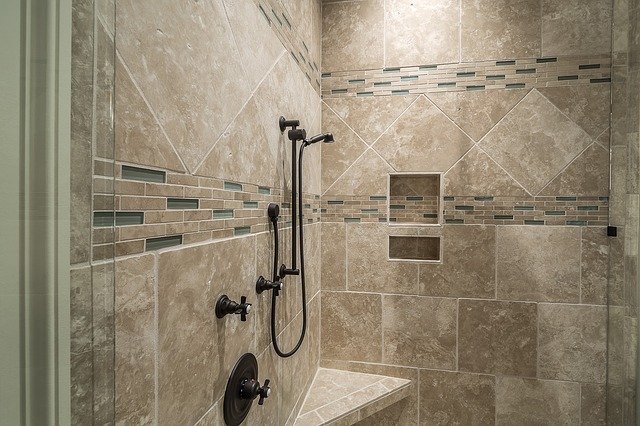Oftentimes, you may be wondering: Are Shower Standing Handle covered by Medicare? And, if so, what about Medicaid? The short answer is, yes. But, you must have a physician’s prescription before Medicare will cover these devices. Removable rails might not be secure enough, and they may require a prescription from your doctor. And, do they really reduce the risk of falls? This article will help you determine if Medicare will cover the purchase of a standing handle.
Does Medicare cover shower stand handles?
You may be wondering if your Medicare coverage covers shower stands and handles. The answer is yes, as long as they are medically necessary. Most items in the bathroom are not covered by Original Medicare. However, Medicare Advantage plans will cover bathroom items beginning in 2020. However, Medicare Part B does not cover the majority of home modifications. If you have a disability, it may be worth getting a home modification to improve your mobility.
To find out if your Medicare plan covers your shower chair, you’ll need to talk to your physician. Your physician can assess your medical needs and advise on the most appropriate plan for you. Some plans cover more expensive equipment than others, and some have over-the-counter allowances that you can use to purchase a shower chair. If your plan doesn’t cover the shower stand, you might want to switch to a different plan.
Does Medicaid cover them?
If you’re looking for bathroom equipment, you may be wondering: Does Medicaid cover shower standing handles? Medicare does not cover most of these types of home modifications.
But your Medicare Advantage plan may cover some of them. But until 2020, most of them are not covered.
If you’re wondering whether Medicaid will cover your bathroom equipment, talk to your provider. Here are the main points to consider:
The main benefit of these shower accessories is that they can increase the safety of individuals who require assistance in ambulating or using a shower. These devices can decrease the risk of slipping and falling, especially if a person is impaired or loses their balance. Medicaid can cover these accessories if they’re a medical necessity. Medicaid also helps cover the cost of installing them. In addition to being helpful for those with disabilities, they can also be used by people who have fallen and need assistance in ambulation.
Removable rails may not be secure
Removable shower rails can be an alternative to permanent bars. Installing them requires a bit of effort. First, you must clean the shower wall. After that, loosely screw on the adapter plates.
Next, peel off the protective cover on the adhesive ring. Push the assembly to the wall. Be sure to line up the mounting plates, since the bars may not be secure if they do not stay in place.
Requires a prescription from a supplier that’s enrolled in Medicare
You must obtain a prescription for shower standing handles from a supplier enrolled in Medicare. Medicare will not pay for comfort items like a commode chair, but it will cover bathroom safety equipment such as a shower bench. These items fall under Medicare’s Part B benefits and are considered medically necessary. You should always follow the manufacturer’s instructions to ensure your purchase will meet Medicare’s requirements.
In most cases, Medicare will pay for your new shower if you have a doctor’s prescription, along with receipts and a letter of recommendation. However, there are some situations where Medicare Advantage plans will pay a portion of the cost. Medicaid will be more likely to provide financial assistance for the cost of a walk-in shower, but eligibility varies by state.







